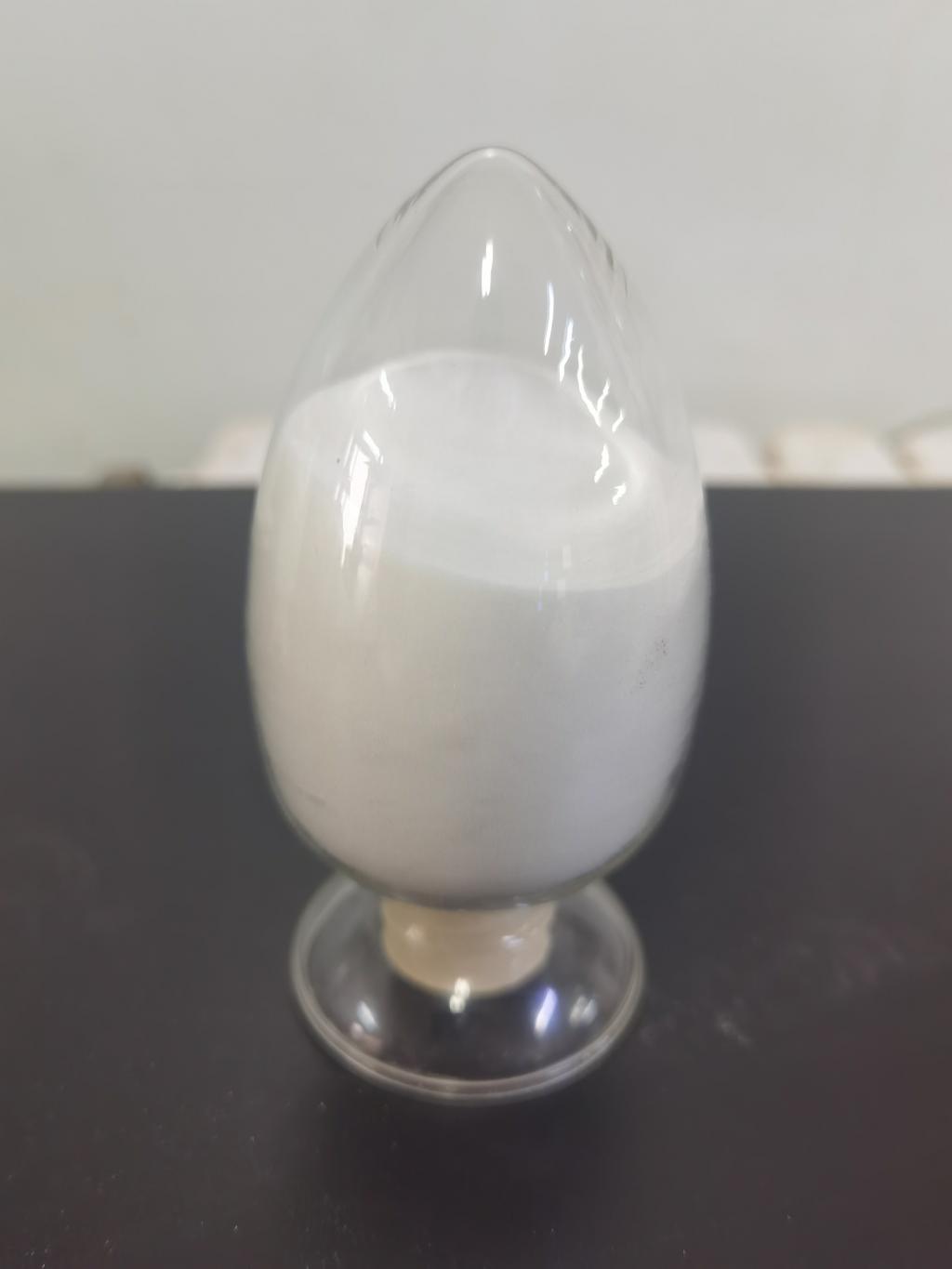Tel:+8618231198596

News
 CONTACT
CONTACT
 CONTACT
CONTACT
- Linkman:Linda Yao
- Tel: +8618231198596
- Email:linda.yao@dcpharma.cn
- Linkman:CHARLES.WANG
- Department:Overseas
- Tel: 0086 0311-85537378 0086 0311-85539701
News
ε-Polylysine Hydrochloride and Precision Medicine: Tailoring Preservation to Health Needs
TIME:2024-01-03
Precision Medicine: A Paradigm Shift in Healthcare
Precision medicine, also known as personalized medicine, is a groundbreaking approach that takes into account individual variability in genes, environment, and lifestyle. It seeks to customize healthcare practices, treatments, and interventions to optimize outcomes for each patient. As precision medicine gains prominence in the medical field, its principles are gradually influencing other sectors, including the food industry.
ε-Polylysine Hydrochloride: A Natural Preservative with Health Benefits
a. Antimicrobial Properties:
ε-Polylysine hydrochloride, derived through the fermentation of Streptomyces albulus, is recognized for its potent antimicrobial properties. It inhibits the growth of bacteria and fungi, making it an effective natural preservative for various food products.
b. Antioxidant Effects:
In addition to its antimicrobial action, ε-polylysine hydrochloride exhibits antioxidant effects. Antioxidants play a crucial role in neutralizing free radicals, contributing to overall health and well-being.
c. Natural Origin:
Consumers and healthcare professionals alike are increasingly drawn to natural ingredients. The natural origin of ε-polylysine hydrochloride aligns with the preference for minimally processed and naturally derived components.
The Intersection of ε-Polylysine Hydrochloride and Precision Medicine
a. Tailoring Preservation to Health Profiles:
Precision medicine emphasizes tailoring interventions to individual health profiles. In the context of food preservation, ε-polylysine hydrochloride offers a means to customize the safety and shelf life of food products based on the unique health needs of consumers.
b. Individual Sensitivities and Allergies:
Some individuals may have specific sensitivities or allergies to certain preservatives. ε-Polylysine hydrochloride, being a naturally derived compound, has the potential to be better tolerated by individuals with sensitivities, contributing to personalized food choices.
c. Preserving Nutritional Integrity:
Precision medicine recognizes the importance of individualized nutritional approaches. ε-Polylysine hydrochloride's antioxidant properties contribute to preserving the nutritional integrity of foods, aligning with the principles of precision nutrition.
Applications in Precision Food Preservation:
a. Customized Preservation for Dietary Restrictions:
Individuals with dietary restrictions or health conditions may have specific requirements for food preservation. ε-Polylysine hydrochloride can be applied to tailor preservation methods for products catering to gluten-free, lactose-free, or other specialized diets.
b. Preservation of Functional Foods:
The rise of functional foods tailored to specific health benefits aligns with the principles of precision medicine. ε-Polylysine hydrochloride's compatibility with functional ingredients allows for the preservation of these products while maintaining their intended health properties.
c. Addressing Specific Health Conditions:
Precision medicine acknowledges the diversity in health conditions among individuals. ε-Polylysine hydrochloride's natural antimicrobial properties can be harnessed to address specific health concerns, such as preventing contamination in foods for individuals with compromised immune systems.
Safety and Regulatory Considerations:
a. Regulatory Compliance:
As with any food ingredient, ε-polylysine hydrochloride must comply with regulatory standards. Precision food preservation should adhere to established guidelines to ensure the safety and legality of products customized for individual health needs.
b. Transparency and Informed Choices:
Precision medicine encourages transparency and informed decision-making. Manufacturers utilizing ε-polylysine hydrochloride must communicate its benefits and applications clearly, enabling consumers to make informed choices based on their health preferences and needs.
Challenges and Ethical Considerations:
a. Individualized vs. Mass Production:
Tailoring food preservation to individual health needs poses challenges in mass production settings. Striking a balance between personalized approaches and efficient large-scale production requires careful consideration.
b. Ethical Use of Personalized Data:
Precision medicine relies on personalized health data. Applying these principles to food preservation may involve considerations of privacy and ethical use of individuals' health information, necessitating robust ethical frameworks.
c. Affordability and Accessibility:
The personalized nature of precision medicine often raises concerns about affordability and accessibility. Manufacturers must navigate these challenges to ensure that personalized food choices are accessible to a broad spectrum of consumers.
Future Prospects and Innovations:
As technology and scientific advancements continue to shape precision medicine, the integration of ε-polylysine hydrochloride into precision food preservation holds exciting prospects. Innovations in dosage optimization, delivery systems, and personalized nutrition may further enhance the alignment of food preservation with individual health needs.
Collaboration Between Food and Healthcare Industries:
The convergence of precision medicine principles with food preservation opens avenues for collaboration between the food and healthcare industries. Shared research initiatives, interdisciplinary partnerships, and joint efforts to address personalized nutrition can contribute to a holistic approach to health and well-being.
Consumer Education and Empowerment:
Precision food preservation requires consumer education and empowerment. Efforts to raise awareness about the benefits of ε-polylysine hydrochloride in tailoring preservation to individual health needs empower consumers to make choices aligned with their unique dietary preferences and health goals.
Conclusion:
The intersection of ε-polylysine hydrochloride and precision medicine marks a significant step towards personalized food preservation. As consumers increasingly seek tailored approaches to health and wellness, the integration of natural preservatives into precision food practices reflects a forward-thinking and consumer-centric approach. The evolving landscape of precision medicine holds exciting possibilities for the food industry, where ε-polylysine hydrochloride becomes a key player in shaping the future of personalized and health-conscious food choices.
- Tel:+8618231198596
- Whatsapp:18231198596
- Chat With Skype







